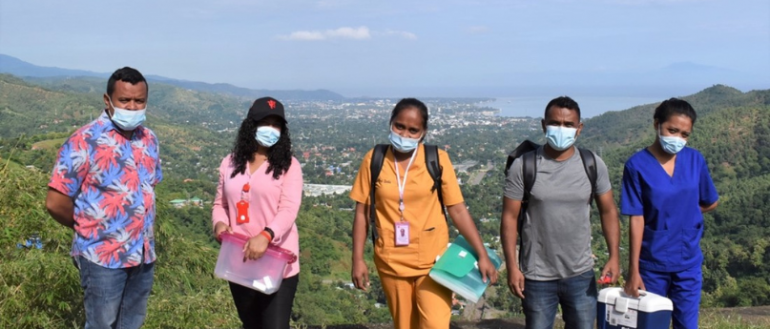Image 1: The ARIA-RISE team visited a number of villages as part of their research.
A recently completed project in Timor-Leste has improved the skillset of local healthcare workers, lab technicians and researchers, and identified a gap in immunity in one of the largest examples of field research in the country.
It’s just a sample of the work being done as part of the ARIA-RISE Timor-Leste project, a partnership between Menzies School of Health Research (Menzies), the Timor-Leste Ministry of Health (MoH) and the National Centre for Immunisation Research and Surveillance in Australia.
Fieldwork for 3 studies within the ARIA-RISE project finished last month, with outstanding results already recorded and published in 2 medical journals.
Since it began in June 2021, researchers have been evaluating the level of SARS-CoV-2 and other vaccine preventable diseases (such as measles, rubella, dengue fever) in healthcare workers. This is done by measuring antibodies and other immunological properties found in their blood serum. The study also analysed residual blood samples from 5 referral hospitals in Timor-Leste, as well as a national blood sample survey of community members in the general population. The data from these 2 groups is currently being compiled.
One of 6 chief investigators for the ARIA-RISE project, Paul Arkell, said the findings of the first 2 studies looked at samples from healthcare workers and 5 hospitals. They’ve since been published in the International Journal of Infectious Diseases and the Lancet Regional Health - Southeast Asia.
The biggest impacts look set to come out of the third research study – the national survey – which involved taking blood samples from 5,500 individuals. The samples were collected from 113 villages, with 23 households per village invited to take part. Everybody in the household was eligible to take part if they consented to being in the study.
ARIA-RISE project coordinator, Itta Maria Tanesi, said they’ve had positive feedback from the research participants.
“They are grateful and really appreciated our work to visit them at their house which is not easy to access,” she said.
“They are also thankful because with this blood test we can help them understand how their immune system works and talk to them about diseases which can be prevented with vaccines.”
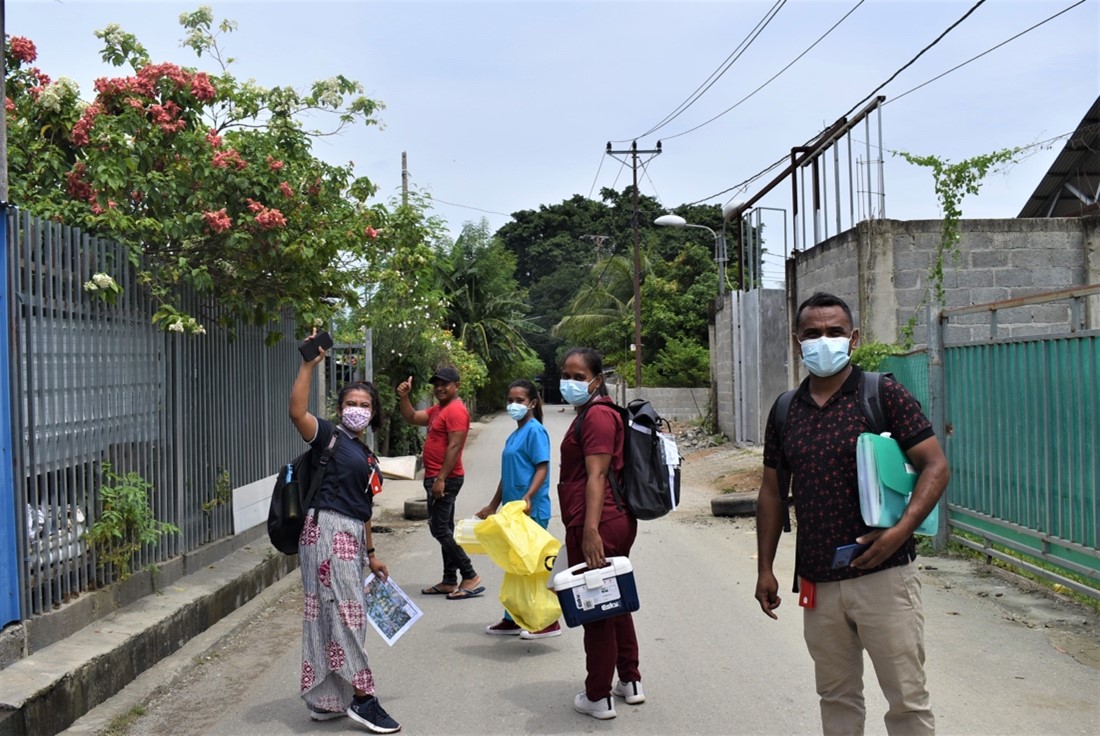
Image 2: The ARIA-RISE team travelled to people’s houses to take samples.
Ground-breaking engagement with ARIA-RISE project
The 3 studies that make up the ARIA-RISE project are amongst the most significant of field research in Timor-Leste.
“It’s the largest piece of field research ever been done in Timor-Leste,” said Dr Arkell, who is part of a collaborative team including Associate Professor Josh Francis, Dr Jennifer Yan, Dr Nelson Martins, Nevio Sarmento, Celia Santos and Timor-Leste researchers.
“It’s really exciting. There will be a huge amount of information about infectious disease transmission and vaccination in the country from the results of the study.”
Ms Tanesi said she’s pleased to be part of a project which is having real world impacts on health policies and immunisation campaigns.
“I am proud to be part of this project because the ARIA-RISE project is such a huge research project that…[is] lead by the young Timorese researchers who have the ability to make changes in strengthening the health system in our home country," she said.
Thousands surveyed as part of study
The additional impact of the research will become clearer after the fieldwork is complete and the data is compiled and analysed. Dr Arkell said so far, an interim analysis of around 2,000 participants in 5 areas of the country has showed an immunity gap for measles.
“It’s highlighted quite a big issue in regards to measles in Timor-Leste.”
These preliminary findings have been shared with the MoH in Timor-Leste, the World Health Organization and other partners.
“There’s likely to be quite a big catch up vaccination program in 2023 for measles and rubella.
“That program had already been planned based on other data from a different study but our project has really underlined the need to make sure routine vaccines are delivered properly across the country,” he said.
“We’re also looking at rubella, hepatitis B, COVID-19 and dengue in that study and biobanking the samples, so there are a lot of things which will come out of it.”
Co-principal Investigator, Dr Nelson Martins, said the study has led to clear actions for health workers in Timor-Leste.
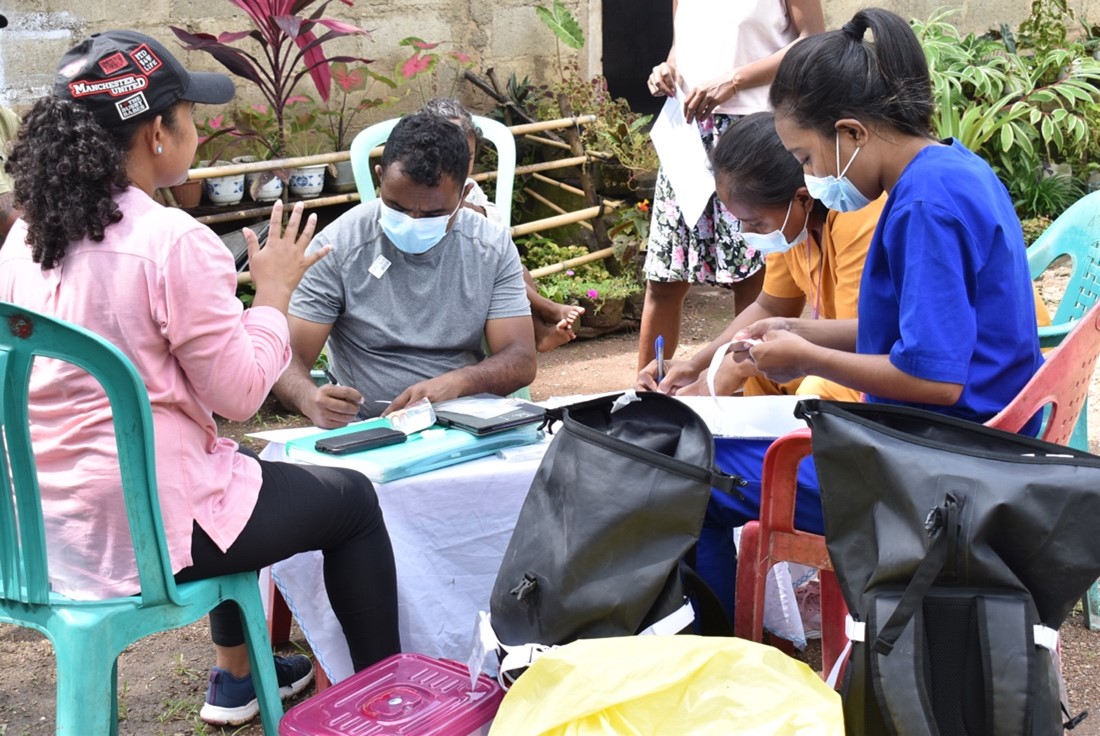 “The main impact of the vaccine study is that it allows us to identify low immunity for measles in children. This is despite the fact that they have received routine measles immunisations,” he said.
“The main impact of the vaccine study is that it allows us to identify low immunity for measles in children. This is despite the fact that they have received routine measles immunisations,” he said.
“We are working with the Ministry of Health and our partners to re-introduce regular immunisations for measles.
“This experience reveals how important good research can produce the evidence to prevent measles."
Image 3: The project involved collecting a large amount of data as part of the multiyear project.
Changes underway to boost healthcare worker immunity
The study on healthcare workers also found an immunity gap when it discovered quite a lot of healthcare professionals had not been vaccinated.
“In many countries when you start a job as a healthcare worker someone assesses you. They will look for evidence of vaccination on your records and will sometimes do a blood test to check if you’re immune to a disease or not.
“At the moment that doesn’t happen in Timor-Leste and this study really highlighted that there was a need for vaccines,” said Dr Arkell.
The Principal Investigator for this study, Seroprevalence and prevention of hepatitis B, measles and rubella among healthcare workers in Dili, Timor-Leste, is Dr Celia Santos.
She said the results are amazing and local researchers have felt privileged to be a part of the collaboration.
“There are two things that I think are very important.
“The first one is that the process of this study enables us Timorese to learn a great deal in this research area,” she said.
“The second one is that the results are very important so we can provide information to policy makers to improve the health of people in Timor-Leste.”
Data from the study has been passed on to the MoH, which has already established a working group to develop national guidelines for occupational assessment and vaccination of healthcare workers.
“I’d say that is quite a big outcome. The idea is that by doing this study they’ll be an increase in interest in this issue, the national guidelines will be developed and hopefully health care workers in Timor-Leste, not just the ones in the study, can then access the vaccines,” said Dr Arkell. 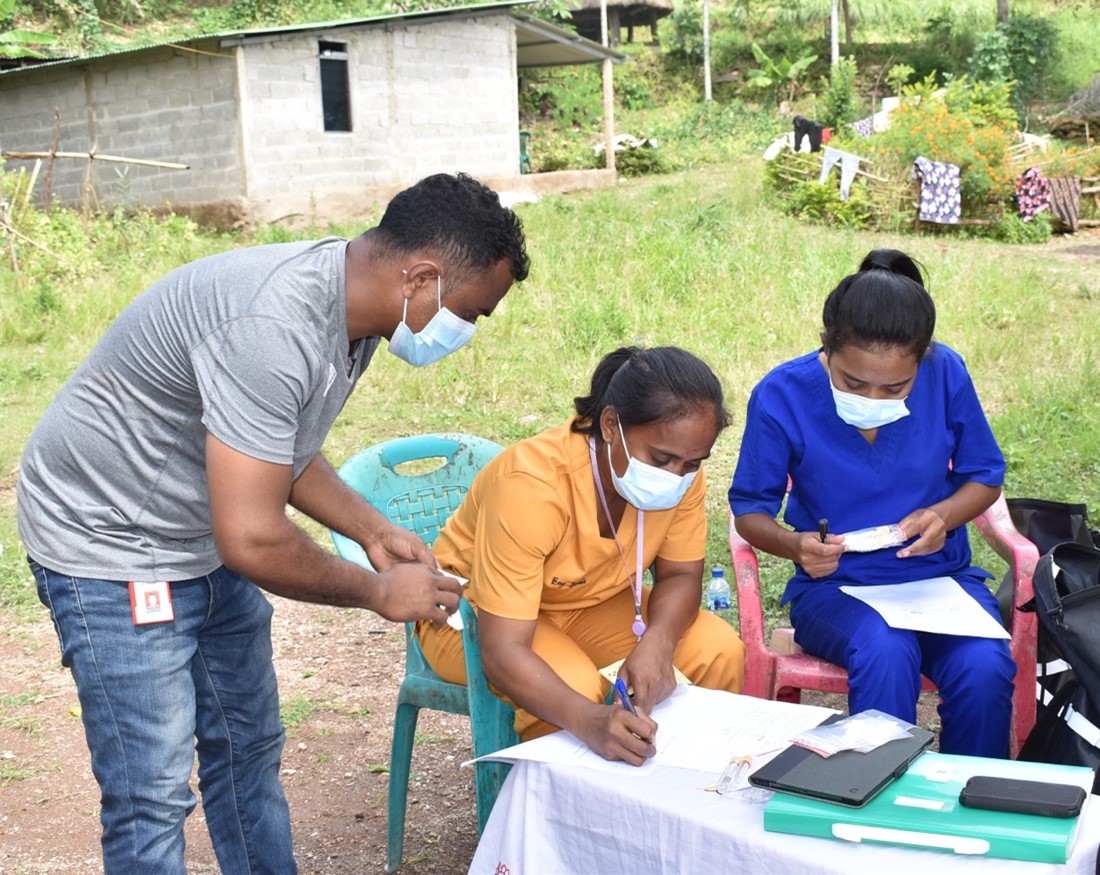
One of the initial reasons for the ARIA-RISE project was to monitor the situation in Timor-Leste around COVID-19.
While the pandemic scuppered the plans of Dr Arkell and his family to live in the country for a long time, it didn’t derail the project.
“There were lots of early morning meetings on Zoom in the UK,” said Dr Arkell, whose part in the ARIA-RISE project research has benefited both Menzies and the Imperial College London where he is a Clinical Research Fellow.
Image 4: The ARIA-RISE team completed extensive fieldwork as part of the program.
Waste not, want not as blood samples re-used
For the second study the team took blood samples from 5 referral hospitals in Timor-Leste.
The ARIA-RISE researchers took some samples that were going to be thrown away otherwise and tested them all for COVID-19 antibodies. They repeated the process every month for about 6-7 months.
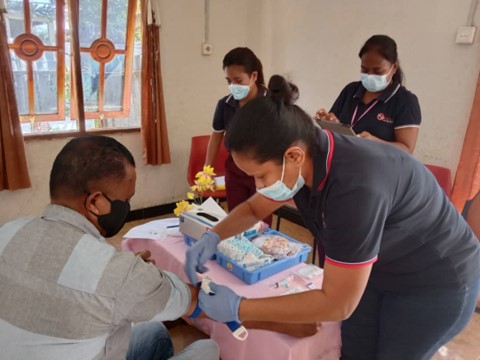 One of the benefits of collecting and analysing the data this way was that it provided information about outbreaks and immunity in the population, not just for COVID-19 but also for rubella, measles, dengue fever and other infectious diseases.
One of the benefits of collecting and analysing the data this way was that it provided information about outbreaks and immunity in the population, not just for COVID-19 but also for rubella, measles, dengue fever and other infectious diseases.
“It was somehow easier testing this way because antibodies last quite a long time and you can look back to see if the person ever had an infection or the vaccine,” Dr Arkell said.
“It’s different to counting numbers of diagnosed cases because you’re relying on catching people while they’re infected and when they’ve presented themselves to a health service.”
Image 5: Samples were collected as part of the National Seroprevalence Survey in the Dili Municipality.
Collaboration provides opportunity to upskill locals
Another overarching impact of ARIA-RISE has been the capacity building and training of local researchers, research nurses and lab technicians. This has been achieved because of their involvement in the process of carrying out surveillance and testing samples.
“The lab side is particularly challenging, especially when it comes to doing the testing in a quality assured way,” said Dr Arkell.
“Basically we need to know that the tests we are doing are providing accurate results and there are various things you have to do in a lab sense to achieve that.
“By processing a lot of samples through the lab and providing lots of technical and training support, we’ve been able to increase the quality of the zoological testing and surveillance in the Timor-Leste lab.”
The team from Menzies also introduced new COVID-19 assays (evaluations) which the Timor-Leste team can reuse to test lots of samples.
“We improved the systems and the quality in the lab and hopefully it’s a lasting change,” he said.
“Now if the Ministry of Health want to do further research on zoological surveillance of other infectious diseases at least they have a much better chance of achieving a quality study, having done this one.”
To find out more about the work Menzies School of Health Research is doing in Timor-Leste, head to our website: Timor-Leste - Menzies
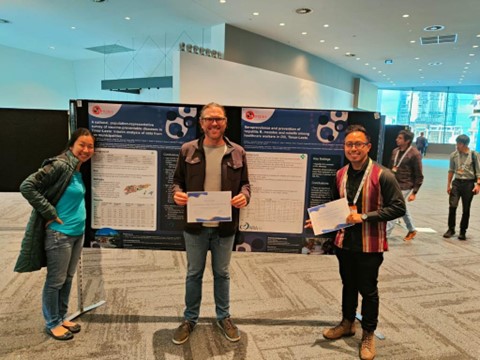
Image 6: The ARIA-RISE team presented their findings at the Australasian Society for Infectious Diseases Annual Scientific Meeting in Perth last year.
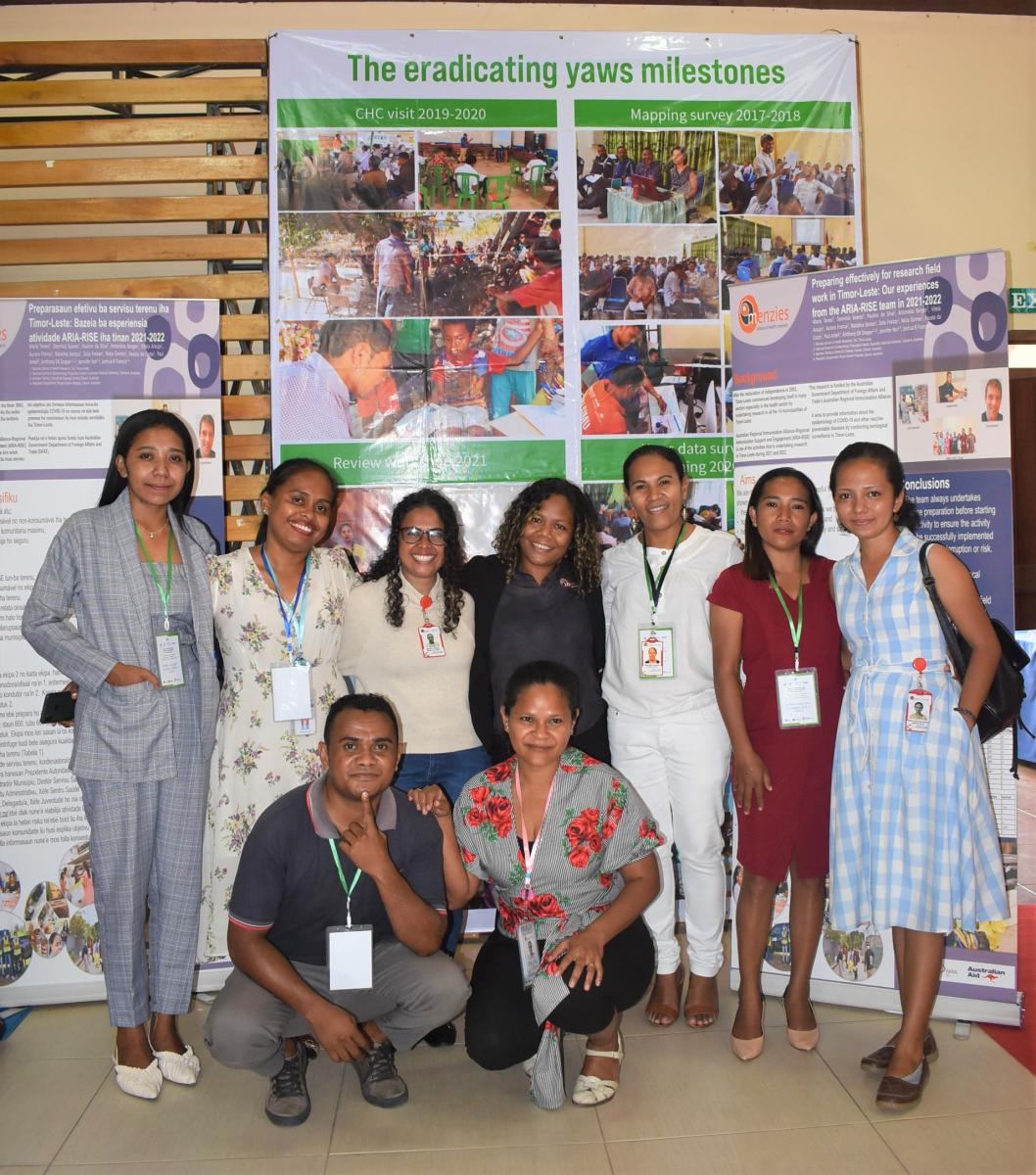
Image 7: The ARIA-RISE team presented their field work at the International Annual Health Scientific Conference 2022 in Timor-Leste.
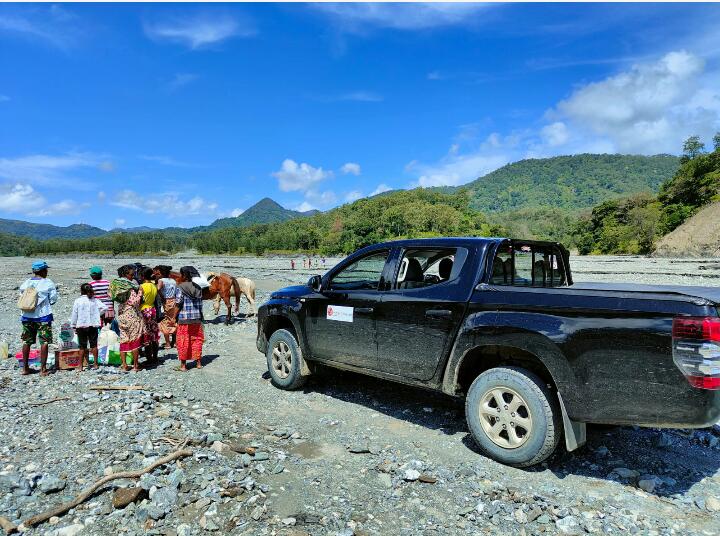
Image 8: Conducting field work in Timor-Leste.

